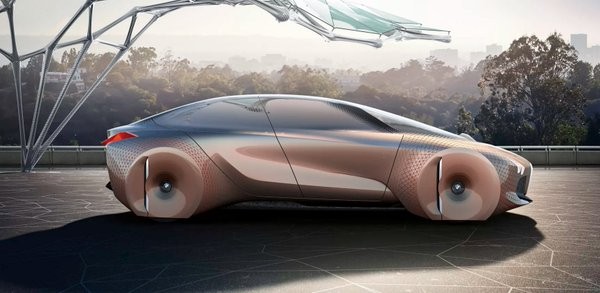BMW announced on July 1, Friday that it plans to build fully autonomous vehicles (AVs) by 2021 for ride-sharing programs that would take on Uber and Lyft. The German automaker that claims to build the "ultimate driving machine" is teaming up with chipmaker Intel and advanced driver assistance systems (ADAS) company Mobileye. BMW is also taking on companies such Google and Tesla that are are racing to develop fully self-driving cars.
Bayerische Motoren Werke's plan to build driverless cars is bold as major automakers believe robotic cars will slowly roll out to the retail market during the next two decades. The three companies hope to set industry standards for self-driving tech.
Intel is a chip giant that specializes in hardware for PCs, data centers, and Internet of Things (IoT) devices. Meanwhile, Mobileye builds cameras that provide safety features such as lane-keeping and collision warning.
The Israeli tech company will have a key role in developing self-driving cars. Detailed maps allow AVs to focus more computing power on issues including pedestrians, bicyclists, and other vehicles.
Ziv Aviram is CEO and co-founder and CEO of Mobileye. He stated that only the partnering of companies will help to take the industry to the next level, according to Wired.
BMW's announcement had few details. It left out issues such as which ride-sharing platform the company will team up with, and Intel's job in the alliance.
In addition, BMW is far behind other companies developing self-driving technology. They include Google that has an autonomous fleet of about two dozen robotic cars and has racked up over 1.3 million miles in road tests.
However, BMW is taking big steps to catch up in the AV market. Last year it teamed up with Volkswagen and Daimler to buy mapping company Here.
AVs use LIDAR systems that include sensors and cameras to process data collected from around the smart cars. It is the spinning bucket-like device on top of Google cars.
In related news, Tesla is starting to share information following the May car accident that involved its Model S with an active semi-autonomous Autopilot feature. The electric car maker explained that the e-car had problems picking up the white side of a tractor trailer because of the bright sky behind the big truck, according to The Verge.
Mobileye supplies some technology in Tesla's Autopilot system. Tesla's report suggests the company's automatic emergency braking (AEB) systems should detect vehicles that turn in front of it and then apply the car brakes.
Here's a BMW self-driving concept car:



























